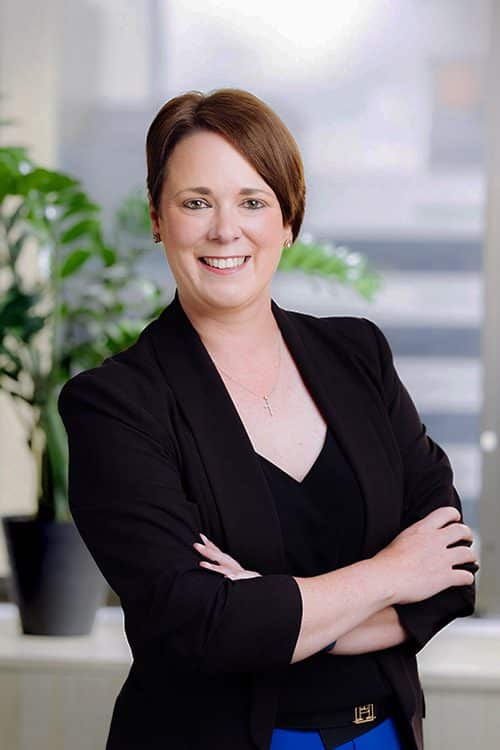With the End of Financial Year (EOFY) around the corner, it’s time to start thinking about how you can boost your financial position at tax-time. Through some careful planning, whether you are trying to get a little more in your refund cheque, or reduce your tax bill
Salary Income
Most public hospital employers allow an employee doctor to enter into salary sacrifice arrangement. A salary sacrifice arrangement is essentially where an employee forgoes a portion of their salary to pay for items in money which has not yet been taxed. The effect of this is that you do not pay tax on the amount that you salary package under this arrangement.
Public hospitals have access to generous Fringe Benefits Tax exemptions with employees working within a public hospital having the ability to salary package up to $9,010 of benefits. These benefits can be in the form of mortgage repayments, rent, motor vehicle expenses and a variety of other personal expenses.
An important tax planning strategy is to ensure your salary packaging cap has been fully utilised.
Other Income
Other income commonly received by Medical Practitioners comes in the form of investment income. Below we have considered some tax planning opportunities around capital gains, superannuation and the Small Business Instant Asset Write Off.
Capital Gains
A capital gain arises when a taxable capital asset is sold at a profit. For an individual medical practitioner, this most commonly relates to the sale of:
- Shares held as investments;
- Investment property; or
- Distributions of capital gains from managed funds.
It is important to review your asset portfolio prior to 30 June for any unrealised losses that could be crystallised prior to 30 June. Any loss on the disposal of an asset can be used to offset any capital gain made; for example, a capital loss on shares may be offset against a capital gain made on the sale of an investment property. It is important to note that capital losses are not lost if not used, simply carried forward until such time as a capital gain arises.
Superannuation
Superannuation contributions for both personal and employee contributions must be paid, processed and received by the super fund prior to 30 June 2018 in order to be deductible in the 2018 financial year.
Outlined below are the 2018 superannuation contribution caps:
| Concessional Contribution Cap | $25,000 |
| Non-Concessional Contribution Cap | $100,000** |
**for members 65 or over but under 75
Importantly, for doctors in practice there may be an opportunity to make a tax-deductible contribution to superannuation for your spouse prior to 30 June 2018. Certain conditions need to be met for this to apply, if you would like more information on this please contact us.
Small Business Instant Asset Write Off
The recent budget announcements on the 8th of May 2018 indicated that the government will be extending the availability of the small business Instant Asset Write Off to 30th June 2019.
This concession allows small businesses with an aggregated turnover of less than $10M to claim an immediate deduction for assets costing less than $20,000 (excluding GST), if they are purchased prior to 30 June 2019.
Therefore, if you are a doctor in private practice, you may be able to claim a deduction for the purchase of new equipment, a small car, computers and phones if they are purchased and available for use prior to 30 June 2018. Again, conditions apply so if you would like more information, please contact us.











